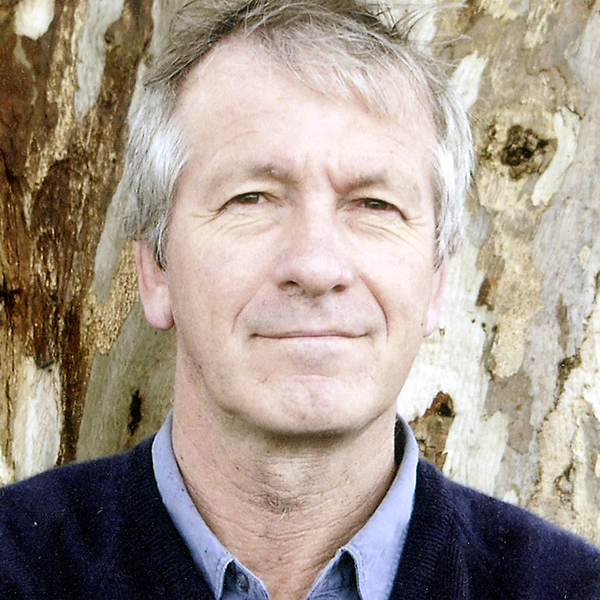Sürdürülebilir Biyokütle Tedariğinin Arttırılması – 2020 Sonrasında Ulaşım için Biyoyakıt Üretiminin Anahtarı
Abstract
From 2020 onwards a rapidly increasing percentage of aviation, marine and land transport fuels will need to be produced from biomass. While it might appear that the present amounts of sustainably-available biomass are not adequate to supply the necessary amount this is not necessarily the case. However to provide the supply will require major changes in production, harvesting and aggregation, in shipping and in conversion. In parallel with this will need to be legal structures to ensure sustainable sourcing and most efficient use.
Present targets for aviation biofuels are for 2 million tonnes to be produced by 2020 for the EU-based carriers alone (presently consuming about 20 million tonnes a year of the world commercial aviation use of about 200 million tonnes). International carriers overall will be needing over 50 million tonnes of jet biofuel per year to be produced by 2050. This is to allow compliance with the aviation industry target to first cap emissions, and then to halve emissions by that year. For the world maritime trade, also consuming about 200 million tonnes of fuel a year, it is likely that a similar requirement will be imposed on that sector.
Global oil production is about 40 billion (109) tonnes/year. Commercial jet aviation fleets and the commercial maritime trade together presently consume about 16% of the world’s refinery output. Up to another 20% goes into production of industrial chemicals and other petroleum-derived materials including plastics. While consumption of petroleum fuels by land transport is far larger than for marine and air transport (at about 20 billion t/year), land transport is rapidly developing alternatives in electric and hybrid vehicles and mass transport systems, and of cheaper forms of biofuels (including bio-methane) that are less feasible for jets or ships.
The principal issue facing producers of biofuels is how to economically source and transport an adequate supply of sustainably-sourced biomass. This presentation discusses the logistics of biomass supply, and particularly examines practical issues involved in the necessary dramatic up-scaling of biomass supply.
Biographical Sketch
Andrew Lang (B.Ag.Sci., Dip. Ed.) is a vice president of the World Bioenergy Association, and the board member representing Australia, New Zealand and the South Pacific region countries. He has co-authored reports (with Dr Hazir Farouk) on Jatropha to biodiesel, on world-wide development of jet biofuels, and on development of biogas production at various scales for developing countries
